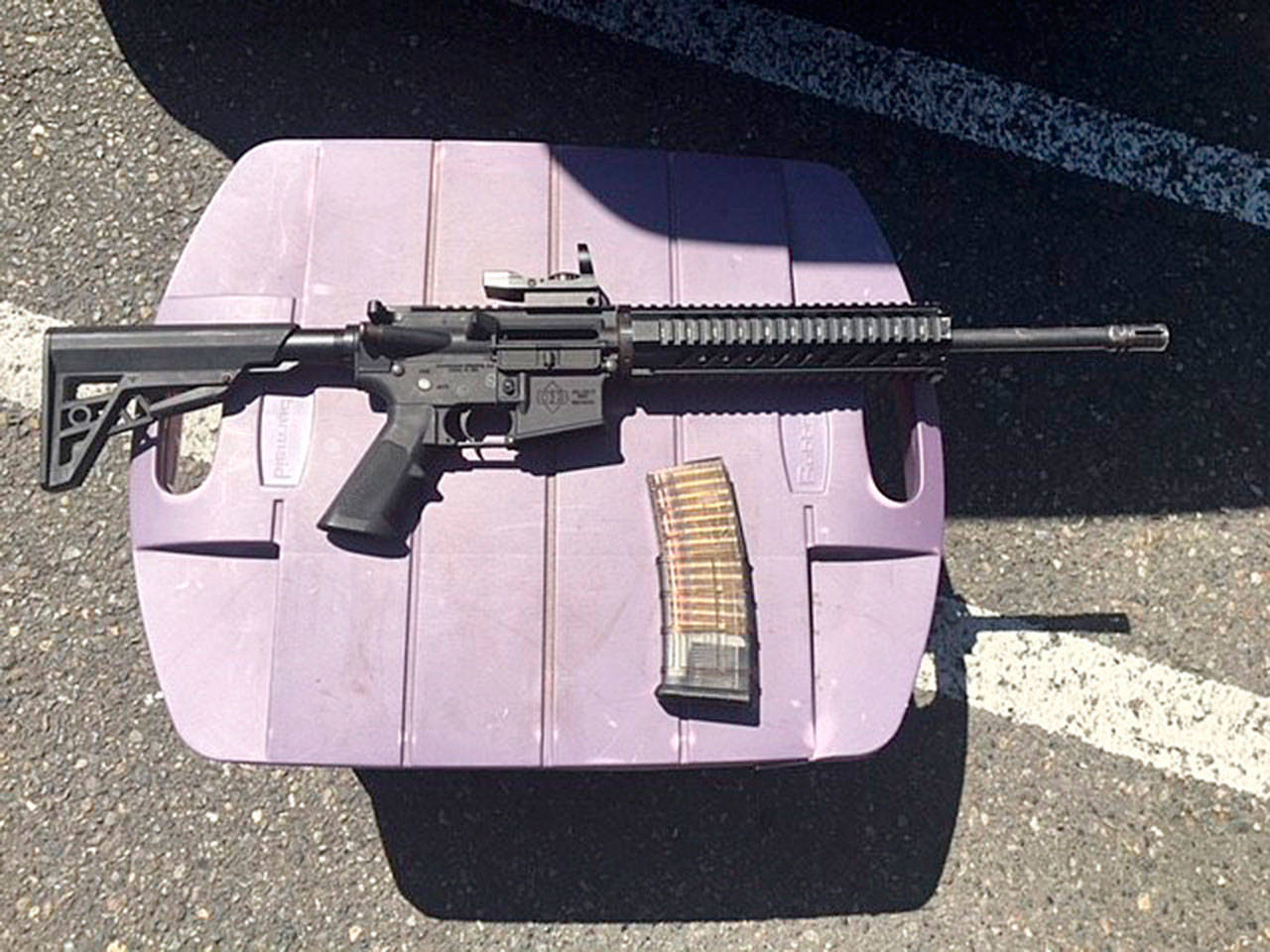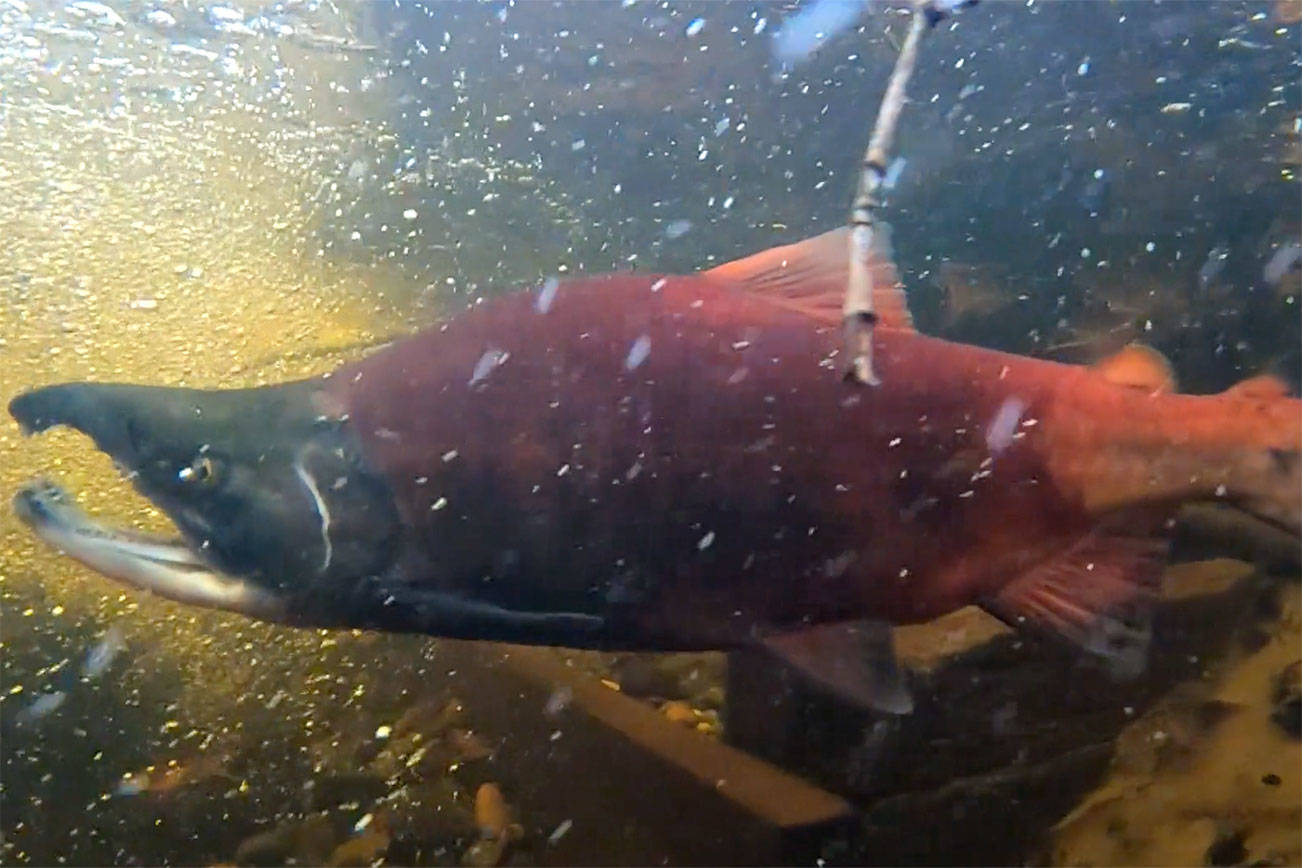Following the November ballot that saw Washington state voters approve a sweeping gun control initiative, Democrats will be pushing for further regulation during the upcoming legislative session.
Washington Attorney General Bob Ferguson has released his legislative requests for the 2019 session, which include three provisions on gun regulation. These included restrictions on magazine size, banning the sale of assault-style weapons, and prohibiting untraceable guns and guns that cannot be detected by a metal detector. Democrats have already pre-filed bills in both the House and the Senate to address magazine size and untraceable guns.
Similar bills in Legislature are proposing to ban the sale of high-capacity magazines, which can hold more than 10 rounds. Standard magazines for rifles like the AR-15 or AK-47 often hold 30 rounds, while novelty magazines can hold up to 100 rounds. If the bills are passed, owners of high-capacity magazines will have their existing ones grandfathered in and will be allowed to keep them as long as they are locked up.
Bills in both chambers have also been filed by Democrats to ban untraceable guns, commonly known as “ghost guns.” These are firearms assembled from untraceable parts, often bought online, or by parts created with a 3D printer. Firearms would also be required to contain enough metal to register on a metal detector. The House bill defines an undetectable firearm as one that is made of polymer plastic and does not contain at least 3.7 ounces of steel or steel alloy.
This was supported by 45th District Sen. Manka Dhigra (D), who said it is designed to keep people from printing guns with blueprints available online.
“I think a lot of the problem is we actually don’t know how many people, and who all received the blueprint on how to print them,” she said.
Dhingra is also hoping to introduce a new bill dealing with domestic violence. It would give law enforcement the ability to remove weapons and ammunition during a domestic violence call that results in an arrest. She is also planning on re-introducing another bill she sponsored last year would ban people with a history of violence and a mental health diagnosis from buying a gun. She’s hoping to file them by Dec. 14 at the latest.
No bills had been submitted as of Jan. 4 dealing with an assault-style weapons ban supported by the attorney general. Ferguson has been requesting a sales ban on assault-style weapons since at least 2017. The ban would bar the sale of weapons that use a telescoping stock, pistol grip, foregrip, high-capacity magazines, or muzzle attachments like a flash suppressor.
“Assault weapons are semi-automatic rifles with at least one military-style feature making the weapons easier to fire more accurately and rapidly than a typical hunting rifle,” his request read.
The 2019 state Legislature session begins Jan. 14 and runs through April 28. Both Senate measures were supported by Dhingra, who made gun restrictions a main point of her campaign. In the House, Democratic Reps. Javier Valdez and Tina Orwall, of the 46th and 33rd districts, respectively, sponsored both bills along with other representatives.
Democrats won a majority in both chambers of the Legislature during the November 2018 election and saw support for gun control after the passage of I-1639. I-1639 raises the age to purchase semi-automatic rifles to 21, mandates safe storage of firearms statewide, and requires enhanced background checks and approval from local law enforcement before an assault-style weapon can be sold. Additionally, it requires that law enforcement check that an owner of assault-style weapons is eligible to keep owning the firearm each year.
However, even with majorities, Dhingra said she wasn’t sure if the Legislature would be able to pass additional gun regulations.
“Not all Democrats are identical, so we have Democrats who have different ideas and they represent different districts, so they have to represent their constituents,” she said.
Nationally, eight states have bans on magazines that can hold more than 10 rounds. High-capacity magazines were banned nationwide between 1994 and 2004 under the Federal Assault Weapons Ban. Weapons with two or more components, including a telescoping stock, pistol grip, flash suppressor, bayonet mount, or grenade launcher were barred from being sold. Ferguson’s proposal to classify a weapon as an assault-style weapon with only one of these elements would be stricter than the 1994 law.








